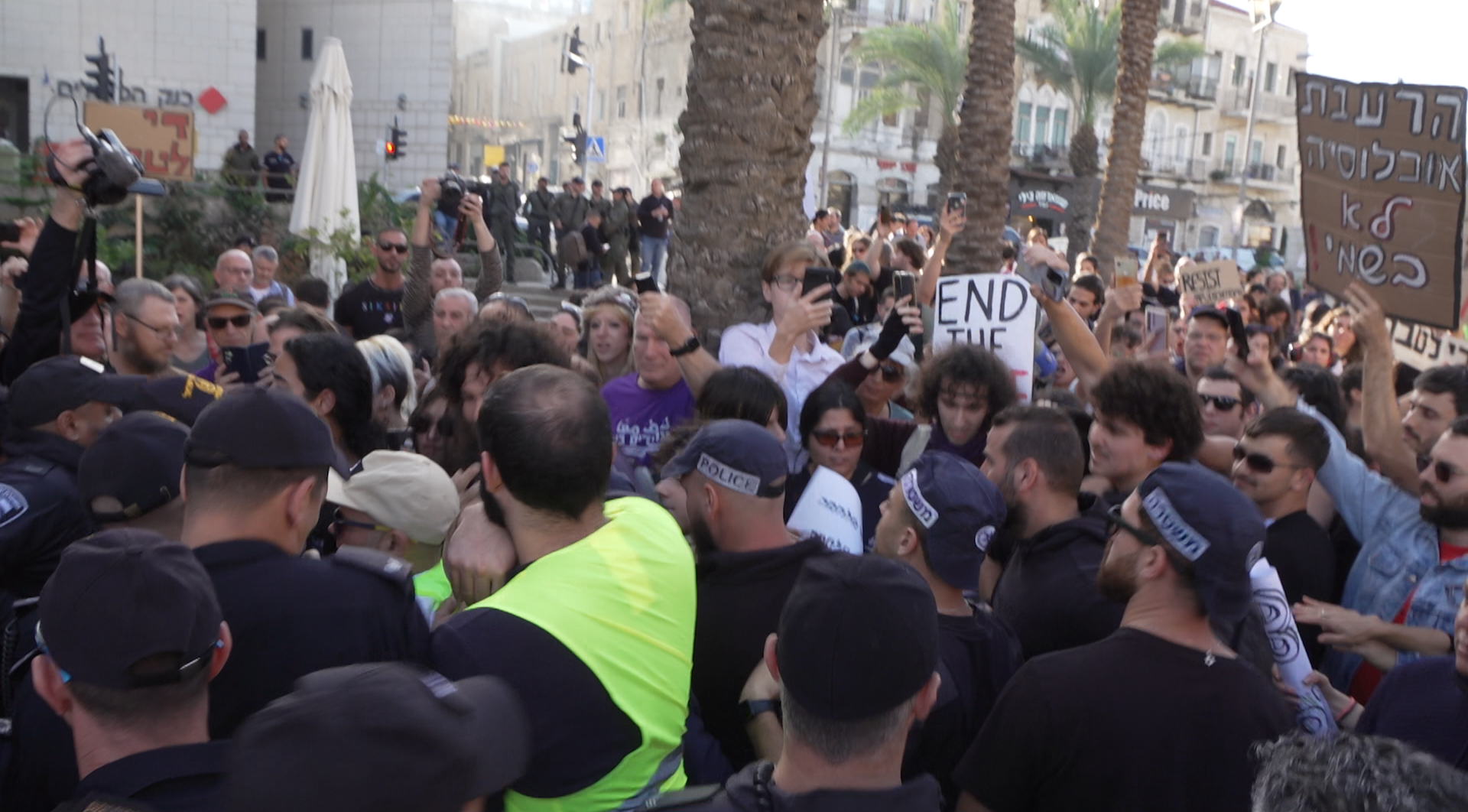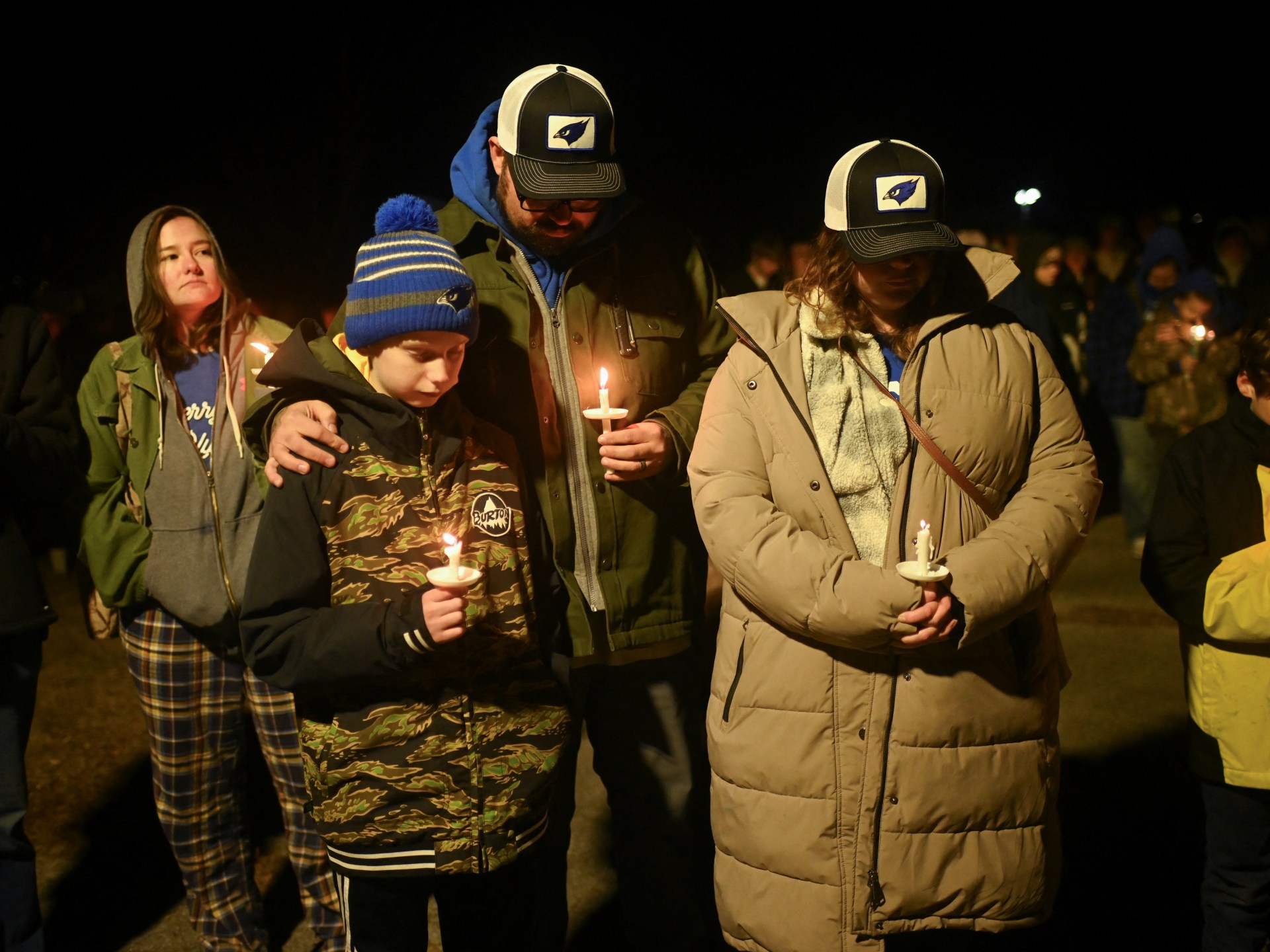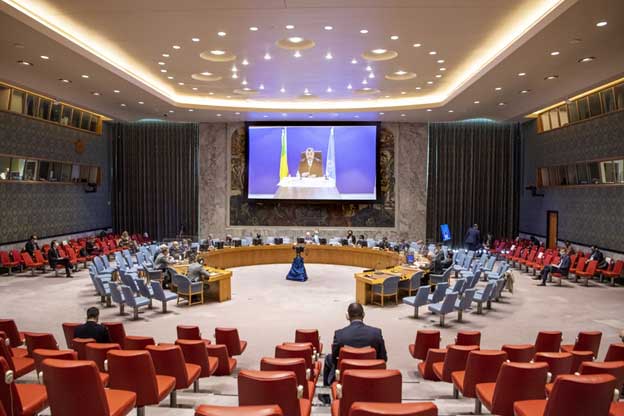Haniyeh killing risks dragging US into war it says it doesn’t want | Israel-Palestine conflict News
Speaking on Monday, two days after Israel blamed Lebanon’s Hezbollah for the attack that killed 12 people in the occupied Golan Heights, White House official John Kirby reiterated US support for Israel, but emphasised that Washington still wanted regional de-escalation.
“We believe that there is still time and space for a diplomatic solution,” Kirby said, as thoughts turned to what Israel’s next move would be, and whether it would trigger a long-feared all-out regional war.
The United States has publicly stated that it does not want this eventuality, even as it sent forces to the Middle East following the October 7 attack on Israel, and the beginning of the war on Gaza, in a show of support for Tel Aviv.
The Middle East, and the wider world, has held its breath on several occasions since then, most notably when Israel killed two Iranian generals at Tehran’s consulate in Damascus in April, followed by a telegraphed Iranian attack on Israel.
At the time, reports indicated that the US had worked to hold back Israel from escalating and to also keep Israel from launching a full-scale attack on Hezbollah in Lebanon.
Meanwhile, the US has been one of the countries mediating a potential ceasefire between Israel and Hamas, although that looks to have encountered several stumbling blocks over the past few months.
Now, after the brazen assassination of Hamas’s political leader Ismail Haniyeh in Tehran – which the Palestinian group and Iran blame on Israel – and the killing of Hezbollah senior commander Fuad Shukr in Beirut, all within a few hours, the US’s twin objectives of a ceasefire and regional de-escalation look like they are in tatters.
Brian Finucane, a senior adviser with the International Crisis Group’s US Program, told Al Jazeera that regional de-escalation would ultimately emerge after a ceasefire in Gaza, and that, without one, the potential for an expanded conflict drawing in US forces stationed in the region was always present.
“If you want to avoid further escalation in the region, including an escalation that involves US troops, you’re going to need to secure a ceasefire in Gaza. That’s what is necessary to calm things down with the Houthis [in Yemen], with Hezbollah, and continue the lull in attacks on US troops in Syria and Iraq,” Finucane said.
But, with the recent attacks, Finucane believes that the current prospects for a US-brokered ceasefire have been complicated, if not derailed, in the short term.
Could the US do more?
Many feel, however, that the US can do more when it comes to trying to achieve a ceasefire in a conflict in which its ally Israel has killed almost 40,000 Palestinians, threatening to set alight an already volatile region.
“We haven’t really seen the US push for de-escalation – US policy contradicts US actions,” said Raed Jarrar, advocacy director at Democracy for the Arab World Now (DAWN), a think tank in Washington, DC. “The US could have enforced these kinds of principles of de-escalation and ceasefire easily by stopping the transfer of weapons, which would have led to a ceasefire months ago.”
“Israel couldn’t have attacked all these countries without US weapons, without US political support, without US military support, and without US intelligence support,” Jarrar added. “Israel would not have the ability to push the region to what we have now, which is regional war.”
After the assassination of Haniyeh, Secretary of State Antony Blinken said that the US government “was not aware of or involved in” the killing, which came days after Netanyahu visited the US.
“It’s very hard to speculate, and I’ve learned over many years never to speculate on the impact one event may have on something else. So I can’t tell you what this means,” Blinken said when asked to give his assessment of what might come next.
“[That] may very well be true,” said Trita Parsi, the executive vice president of the Quincy Institute, a US foreign policy think tank. “But in the region, the perception is likely not going to be that, and that is going to be reinforced by the fact that just two or so days ago, the head of the Mossad was negotiating with the head of the CIA in ceasefire talks.”
US leadership
And if the US did not have prior knowledge of the attack, what does that mean for US leadership in the region, and Israel’s apparent disregard for the previously mentioned US objectives of a ceasefire and avoiding a regional war?
“It certainly doesn’t suggest that Israel regards the US as a leader in the region, or that Israel is taking its lead from the United States,” said Finucane.
He added that the US faced a “fundamental conundrum”, which is that it has backed Israel with military power and support to deter Iran and its allies, “but at the same time wanted to avoid a regional escalation”.
“The US needs to have a fundamental rethink about what it is going to do to bring about a ceasefire – what is it going to do to de-escalate the region beyond mere rhetoric,” Finucane said.
The US is now approaching a tumultuous few months, as it gears up for a presidential election that will see a transition to a new president, whoever wins, after President Joe Biden dropped out of the race.
The uncertainty over what is to come in the US works well for Netanyahu, said analysts, before a potential Kamala Harris presidency that may press the Israeli prime minister harder to end the war.
“Netanyahu is betting on his capacity to corner the US and essentially forces its political leadership to constantly be in a position of bear-hugging Netanyahu, and protect and defend everything Israel does by claiming that it is self-defence,” said Parsi.
That would mean a continuation of the US policies many in the Middle East blame for the unrest and violence that have devastated the region in the past few decades.
“Since October 7, blind US support for Israel has definitely affected the US’s standing in the region and its ability to have influence. The US has failed completely to show any kind of leadership,” said DAWN’s Jarrar. “[But] the US has [already] lost its political capital in the region over the years, and it has been declining ever since the Iraq war.”
Check out our Latest News and Follow us at Facebook
Original Source







